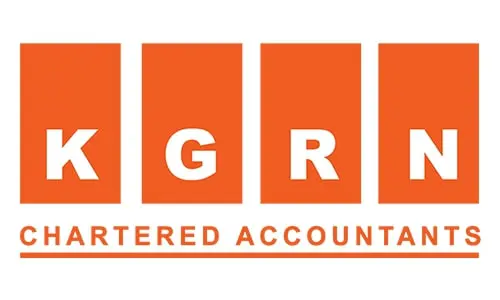The United Arab Emirates (UAE) has adopted a programme called In-Country Value (ICV) in 2018, which has been a significant driver of economic growth. The programme helps to cultivate a strong domestic business sector by providing financial incentives to businesses that give local suppliers and Emirati employment jobs higher priority. Not only does this make the United Arab Emirates’ economy stronger by increasing the value of its resources, but it also makes it possible for its residents to have access to valuable employment possibilities. Consequently, the ICV programme has the effect of creating a situation in which both firms and the nation as a whole come out ahead.
Eligibility and Requirements for Gettting ICV Certificate
Not all companies are automatically eligible for ICV certification. There may be specific criteria depending on the issuing authority. However, generally, any company operating in the UAE can apply. To proceed, you’ll need to compile some key documents, including:
- Audited financial statements (less than 2 years old) prepared according to International Financial Reporting Standards (IFRS) by a UAE-approved auditor.
- If your company is new (under 10 months old), you can use unaudited management accounts instead, but these must be no more than 9 months old.
- The completed ICV Certification Template, which will be provided by the certifying body.
What Business should get an ICV Certification?
ICV certification isn’t mandatory for all businesses in the UAE, but it offers significant advantages and is particularly relevant for certain types of companies. Here’s a breakdown of which businesses should strongly consider getting ICV certified:
- Those supplying goods or services to government entities or major corporations (especially in sectors like oil & gas, utilities, and construction): Many government tenders and contracts require ICV certification as a participation criterion. This essentially means an ICV certificate becomes your entry ticket to compete for these lucrative opportunities.
- Businesses aiming to expand their presence in the UAE: An ICV certificate demonstrates your commitment to supporting the local economy. This can enhance your reputation and competitiveness when seeking partnerships or attracting investors within the UAE.
- Companies with a significant local footprint: Even if not mandatory, ICV certification showcases your contribution to the UAE’s economic development. This can be valuable for public relations and building trust with local stakeholders.
Step-by-Step Guide for ICV Certification in UAE
Prepare Required Documents:
As mentioned earlier, having your audited financial statements or up-to-date management accounts ready is crucial. Additionally, you’ll need to fill out the ICV Certificate Template. This template will request information related to your company’s finances, workforce demographics, and investments within the UAE.
Select an ICV Certifying Body:
Only empaneled ICV certifying bodies authorized by the Ministry of Industry and Advanced Technologies (MOIAT) can issue these certificates. A quick web search for “ICV certified bodies in UAE” will provide you with a list of approved firms.
Application and Assessment:
Once you’ve chosen a certifying body, initiate the application process. This will typically involve submitting your prepared documents and any additional information requested. The certifying body will then assess your application to calculate your ICV score based on factors like local spending, Emirati employee ratio, and in-country capital investment.
Receive Your ICV Certificate:
Upon successful evaluation and meeting the ICV score threshold, the certifying body will issue your ICV certificate. The certificate will have a specific validity period, so be sure to stay updated on renewal requirements.
Important Factors to Obtain ICV Certification in the UAE
If you’ve decided to pursue ICV Certification, there are several crucial factors that require your attention and enhancement.
- Financial Statements Adherence: Ensure your financial statements align with International Financial Reporting Standards (IFRS), the mandatory accounting standards in Dubai.
- Eligibility Criteria for Multiple Branches: ICV Certification is accessible to businesses with multiple branches in the emirate owned by the same entity.
- Owner’s Salary Credits: For owners registered under the Wage Protection System (WPS), their remuneration, limited to AED120,000 per month, will be included.
- Exclusion of Supplier’s Internal Costs: Exclude the cost of depreciation; internal costs of the supplier won’t factor into the ICV calculations.
- Employee Headcount: Record the total number of employees annually.
- Mainland Supplier Benefit: Mainland suppliers based in the UAE will receive a 10% boost in their ICV Score.
- Payments to Free Zone Authorities: Payments made by the supplier to governmental free zone authorities and licensed organizations will be considered as 100% ICV.
Conclusion
Obtaining an ICV certificate can be a valuable step for businesses operating in the UAE. By following this guide and understanding the requirements, you can ensure a smooth application process and unlock the benefits associated with ICV certification. Remember, a strong ICV rating demonstrates your company’s contribution to the UAE’s economic growth and positions you competitively for future opportunities.





